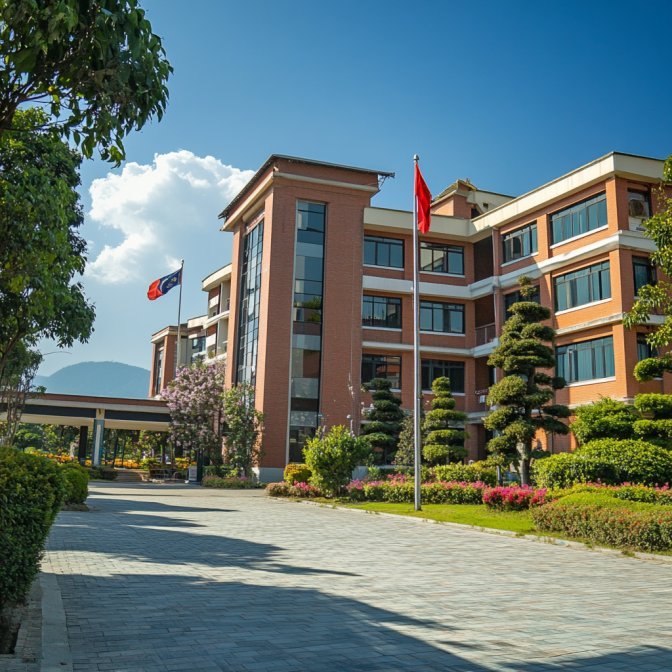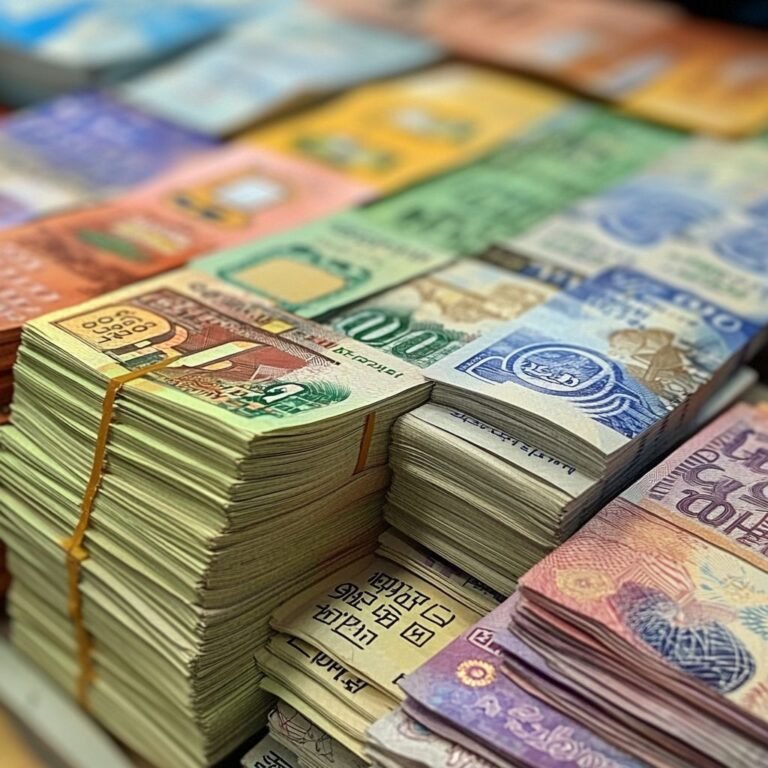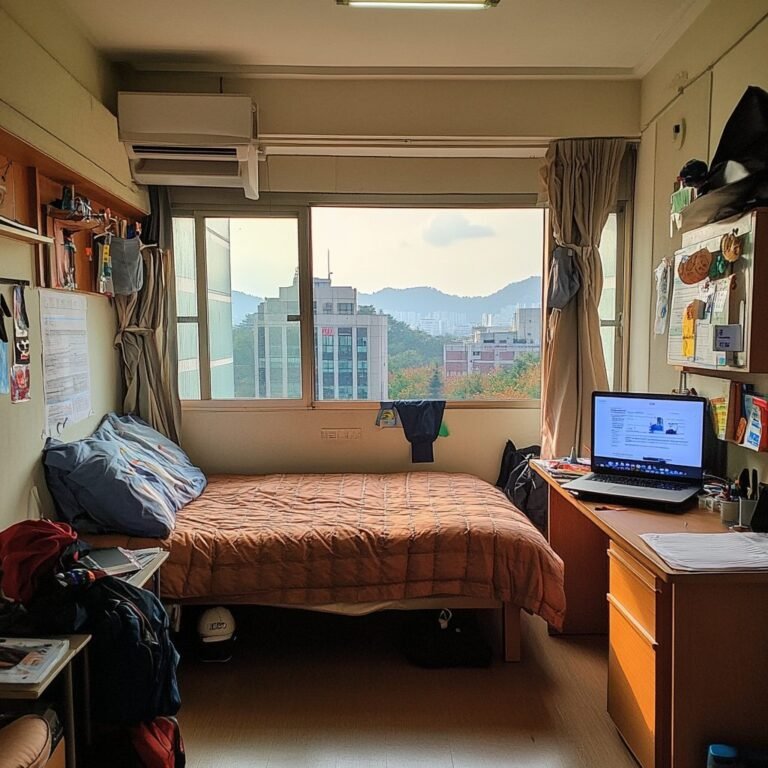What Are the Financial Requirements for Studying in Korea from Nepal?
Studying in South Korea is a dream for many students from Nepal. South Korea is known for its high-quality education, advanced technology, and rich culture. But before you pack your bags, it’s important to understand how much it will cost. Let’s break down the financial requirements and financial planning for studying in korea in simple terms so you can plan your journey.
Tuition Fees
Undergraduate Programs
- Cost Range: Tuition fees for bachelor’s degrees can range from $4,000 to $8,000 per semester.
- Public vs. Private Universities: Public universities are usually cheaper than private ones.
- Course of Study: Programs like medicine or engineering may cost more than arts or humanities.
Graduate Programs
- Cost Range: For master’s or doctoral degrees, fees can range from $5,000 to $10,000 per semester.
- Research Opportunities: Some programs offer stipends or assistantships that can reduce costs.
Living Expenses
Living in Korea can be exciting, but you need to budget for daily expenses.
Accommodation
- Dormitories: University dorms cost around $300 to $600 per month.
- Apartments: Renting an apartment can cost $500 to $1,000 per month.
- Utilities: Remember to add about $50 to $100 per month for electricity, water, and internet.
Food
- Eating Out: A meal at a cheap restaurant costs about $5 to $7.
- Groceries: Monthly groceries can be around $200 to $300.
- Meal Plans: Some universities offer meal plans that can save money.
Transportation
- Public Transport: Buses and subways cost about $1 to $2 per trip.
- Monthly Pass: A monthly transport pass can be around $50 to $70.
- Biking: Some cities have bike-sharing programs that are even cheaper.
Miscellaneous Expenses
- Books and Supplies: Plan for $200 to $300 per semester.
- Health Insurance: Mandatory for international students, costing about $20 to $30 per month.
- Entertainment: Movies, events, and outings might add up to $100 per month.
Also read: Understanding Accommodation Costs for Nepali Students Studying in Korea
Scholarships
Good news! There are scholarships to help with costs.
Korean Government Scholarship Program (KGSP)
- What It Covers: Tuition fees, living allowance, airfare, and language training.
- Eligibility: Good grades and a recommendation letter.
- How to Apply: Through the Korean embassy in Nepal or directly to the university.
University Scholarships
- Merit-Based: For students with excellent academic records.
- Need-Based: For students who need financial help.
- Application: Check each university’s website for details.
Other Scholarships
- Private Organizations: Some companies offer scholarships to international students.
- Cultural Exchange Programs: These may cover some expenses.
Also read: How to Get Scholarships in Korean Universities
Proof of Financial Ability
When applying for a student visa, you need to show that you can afford to study in Korea.
Bank Statements
- Amount Required: Usually around $10,000 to $20,000 in your bank account.
- Duration: The money should have been in the account for at least 3 months.
Sponsorship Letters
- From Parents or Guardians: A letter stating they will support you financially.
- Financial Documents: Their bank statements and employment letters.
Visa Application Fees
- Student Visa Fee: Around $60 to $90, depending on the type of visa.
- Application Process: Submit documents to the Korean embassy in Nepal.
Part-Time Work Opportunities
You might want to work part-time to earn extra money.
Regulations
- Work Permit: You need permission from your university and immigration.
- Allowed Hours: Up to 20 hours per week during semesters, full-time during vacations.
Types of Jobs
- On-Campus: Library assistant, research assistant, etc.
- Off-Campus: Tutoring, restaurant work, etc.
Read about: How Much Nepali Students Earn in Korea?
Currency Exchange Rates
Money matters can change because of exchange rates.
- Nepalese Rupee to Korean Won: Keep an eye on the exchange rate to plan your budget.
- Fluctuations: Rates can go up or down, affecting your expenses.
Tips for Managing Finances
Budgeting
- Monthly Planner: Write down all your expenses to keep track.
- Savings: Try to save a little each month for emergencies.
Saving Money
- Student Discounts: Use your student ID for discounts on transport, movies, and more.
- Cook at Home: It’s cheaper than eating out.
- Second-Hand Books: Buy used textbooks or share with friends.
Also read: Total cost to study in Korea from Nepal 2024
Conclusion
Studying in Korea is an amazing opportunity, but it requires careful financial planning. By understanding the costs and exploring scholarships, you can make your dream come true. Remember to budget wisely and seek help when needed. Good luck on your educational journey!
Let Us Assist You!
Are you ready to embark on your educational journey to Korea? Need help with university applications, scholarships, or visa processes? Contact our team of experts at Study in Korea from Nepal for personalized support and guidance.
From ensuring your applications are meticulously prepared to advising on the nuances of studying abroad, we’re here to assist you in every step. Don’t let the complexities of international education hold you back.
Contact us today to start your adventure in Korea!






